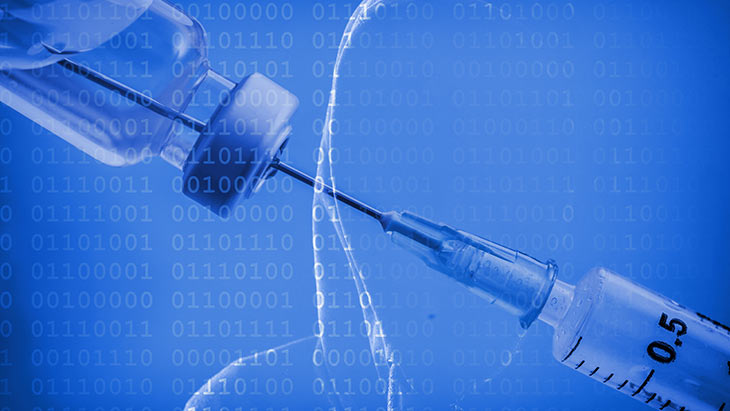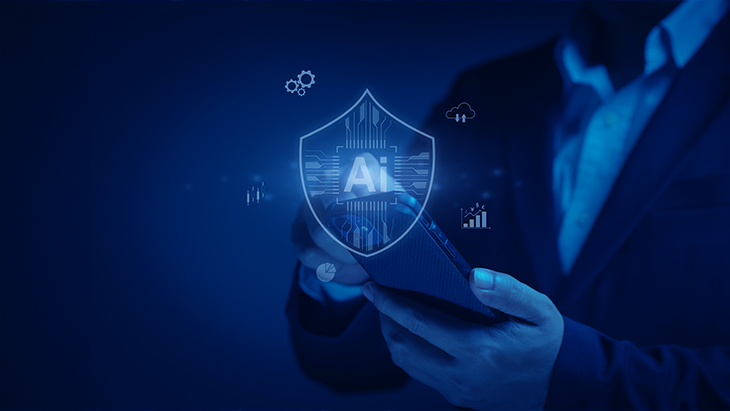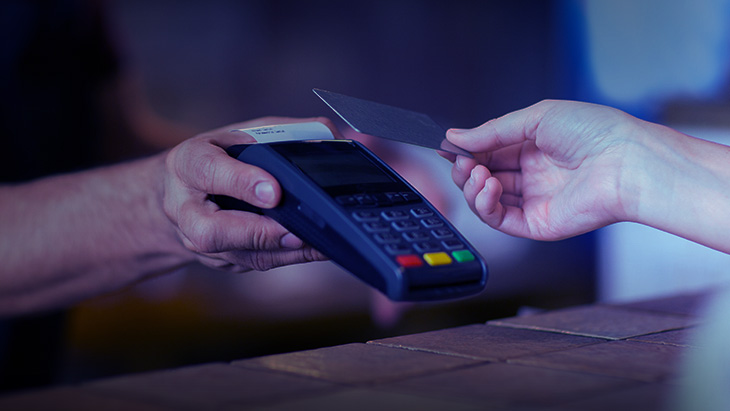
Cyberattacks Threatening the Healthcare Industry
Today, cyberattacks threaten the most prestigious companies globally, even those operating in the field of cybersecurity. The health and pharmaceutical sector companies, have become the number one agenda item, especially due to the Covid-19 vaccine studies, and are also impacted by the developments in the field of cybersecurity. But for what purposes could cyber attackers be targeting the healthcare industry, and what are the most recent breach events? In this blog post, you can learn more about cybersecurity attacks in the health sector and the solutions against this threat.
Cyberattacks Targeting Covid-19 Vaccine Studies
Hackers started to attack different health related companies and organizations since the early stages of vaccine studies. The fact that Covid-19 vaccines turned into a great income channel for pharmaceutical companies, and an important source of reputation increase for countries, brought along massive amounts of cyberattacks. Within the first year of vaccine studies, Pfizer/BioNTech and Moderna affiliated with the European Medicines Agency (EMA), and AstraZeneca affiliated with Oxford University, became targets of cyberattacks.
So, who is behind these attacks, and what is their purpose? The answers to these questions are directly related to other large-scale cyberattacks. First of all, it takes extensive knowledge and technological resources to organize cyberattacks against large organizations and companies that have gained a worldwide reputation. Rival companies, or even other countries, can chose to support these highly-equipped people and technological resources.
Cyberattacks can be carried out for many different purposes when it comes to a vaccine like the Covid-19 vaccine, that has superpower countries and global pharmaceutical companies competing for. One of the most important purposes of cyberattacks is to steal personal data. One of the most recent attacks organized was the theft of Pfizer/BioNTech vaccine candidates' information, and the data of the Oxford University patients in November 2020.
Healthcare Industry suffers the Most Data Breaches in Recent Years
Although the Covid-19 vaccine draws all attention towards the health sector, malicious people have been targeting this sector for a long time. Information about the patients and the contents of medical products, such as drugs and vaccines, are extremely attractive targets for cyber attackers. Cyber attackers can generate substantial financial gains this way, and caused damage to the healthcare sector in the range of 7.13 million dollars in 2020 alone. According to the IBM Cost of a Data Breach 2020 report, the financial damage suffered by the health sector increased by 10%, compared to the previous year. This accounts for the biggest loss on a sector basis.
The health sector ranks first, not only in the amount of material damage, but also in the data breach rate. As stated in the Risk Based Security report, the health sector's data breach rate rose to a leading position among all sectors, with an increase of 12% in 2020. The fact that data breaches in this sector are identified much later than in other sectors increases the situation's severity.
Possible Measures to Ensure Data Security in Health Sector
Like malicious people and malware, the cybersecurity industry also constantly updates itself and develops high-level solutions against possible attacks. The cybersecurity process, which started with simple firewall and antivirus programs, can now be shaped in line with the needs of companies and organizations operating in different fields, including the health sector, as a fully integrated and complex structure. Specialty software and hardware developed for high security are used both to detect possible threats and to stop attacks.
Privileged Access Management (PAM) is one of the most effective solutions to protect organizations of all sizes operating in the healthcare sector against cyberattacks. Privileged Access Management (PAM) incorporates today's most advanced cybersecurity measures, providing multi-layer protection features such as privileged session manager, two-factor authentication, or data masking. Thanks to its innovative and dynamic structure, PAM provides full-range security, from detecting possible insider threats and risks to active protection against attacks. Kron’s Privileged Access Management platform, Single Connect, addresses your advanced access security solutions and allows you to protect your critical data flawlessly.













